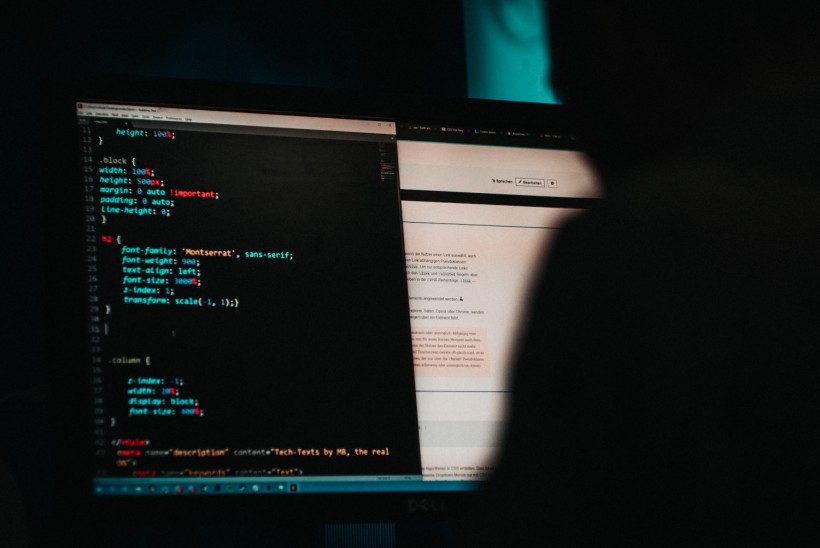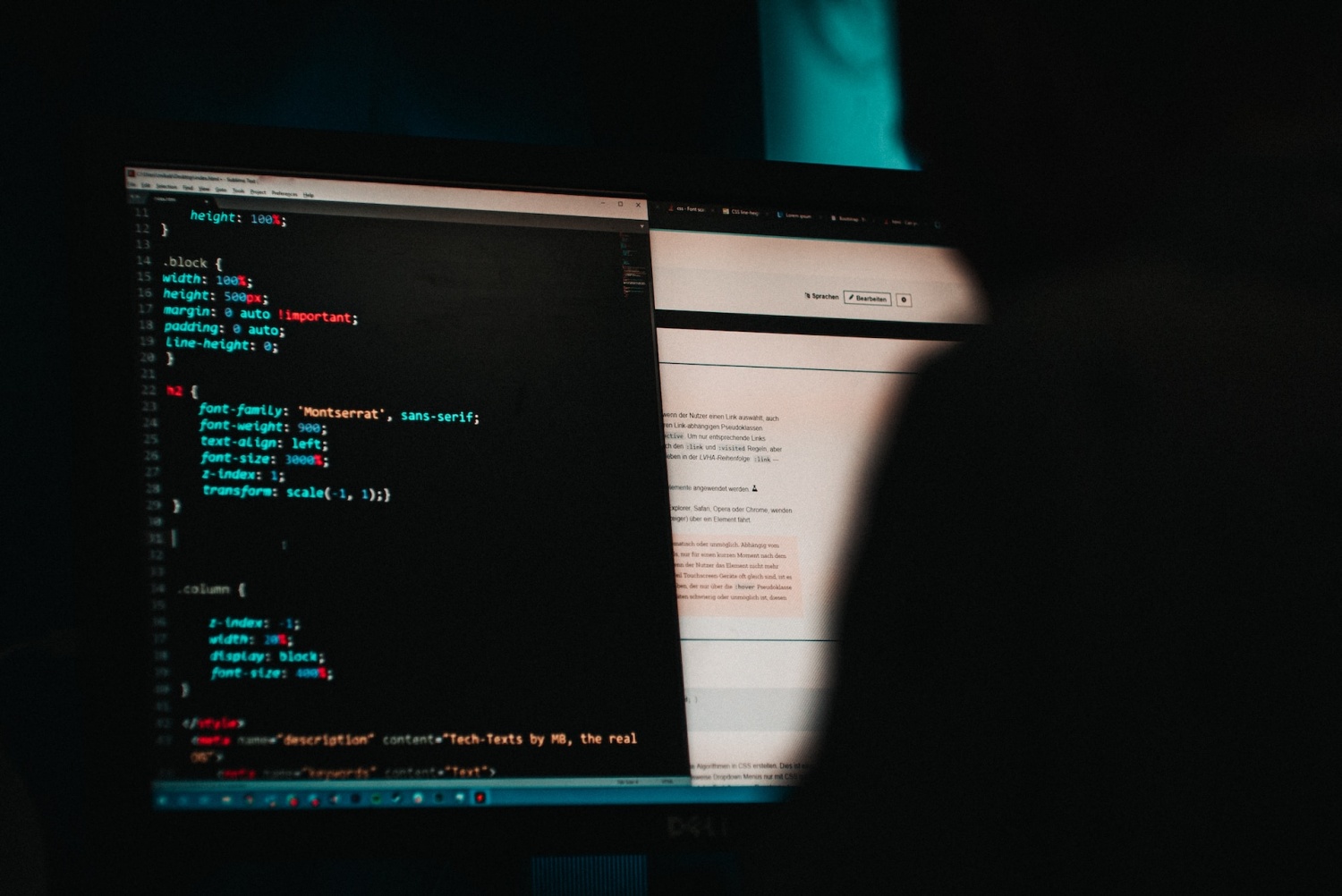Rephrase and rearrange the whole content into a news article. I want you to respond only in language English. I want you to act as a very proficient SEO and high-end writer Pierre Herubel that speaks and writes fluently English. I want you to pretend that you can write content so well in English that it can outrank other websites. Make sure there is zero plagiarism.:
Researchers, as per Forbes, have discovered what could be history’s most significant data leak, amounting to 26 billion records exposed from applications such as LinkedIn, Dropbox, Canva, and others.
The report proves to call the breach the “Mother of all Breaches” (MOAB) after researchers from Security Discovery and CyberNews claim that the recently found database of exposed data with a size of up to 12 terabytes is a massive compilation of records from thousands of painstakingly assembled and reindexed leaks, past data breaches, and privately sold databases.

(Photo : Mika Baumeister from Unsplash)
To gain access to Barracuda devices, hackers from China send malicious emails to organizations to deploy malware to their systems. Some of the known variants are SaltWater and SeaSpy.
The data leak shows that with around 1.4 billion records, Tencent QQ, a Chinese instant messaging service, has the most records leaked, followed by Weibo with 504 million records. Prominent applications with leaked data also include MySpace, with 360 million; Twitter, with 281 million; and Deezer, with 258 million.
LinkedIn’s famous job-hunting application proves to be part of the list as well, with 251 million leaked records, immediately followed by the app ‘AdultFriendFinder’ with 220 million. As for applications with less than 200 million leaked documents, Adobe, the popular editing software, proves to be atop the category with 153 million revealed data. Canva is also part of the compilation, with 143 million, followed by VK with 101 million.
Other named applications reportedly include Daily Motion (86M), Dropbox (69M), and Telegram (41M), alongside various organizations and companies. Records from several government agencies in the US, Brazil, Germany, the Philippines, Turkey, and other nations are also included in the leak.
Read Also: British Library Hack Raises Alarm in Academia That Is Urged to Guard ‘Crown Jewels’
An Unprecedented Cybercrime Wave
Separate reports state that this breach prompts a vulnerability that could spark a cybercrime wave, especially when the compiled data owner is most likely a hostile actor, data broker, or a business that handles massive volumes of data.
The researchers assert that the dataset poses a significant risk since threat actors may use the combined information for various illicit activities, including targeted cyberattacks, sophisticated phishing operations, identity theft, and illegal access to private and sensitive accounts.
The team reportedly believes that the supermassive MOAB may have never-before-seen consumer effects. Given the prevalence of username and password reuse, a deluge of credential-stuffing assaults might be launched by malevolent actors.
User Vulnerability
The extent of the leak is still unknown. Any recent leaks fail compared to the recently discovered MOAB, such as back in 2021 when 3.2 billion records, which make up just 12% of the supermassive MOAB of 2024, reportedly contained various user emails and passwords. The 2021 leak had roughly 70% of the data from global internet users.
Reports then invited the public to utilize free leak checker tools to find previous cases (such as some MOAB database systems) in which their email address was compromised.
The public was also advised those with excellent credentials hygiene, such as using two-factor authentication and creating strong, unique passwords, not to worry.
Related Article: Inferno Drainer Malware Siphoned $87 Million From November 2022 to 2023
ⓒ 2023 TECHTIMES.com All rights reserved. Do not reproduce without permission.

I have over 10 years of experience in the cryptocurrency industry and I have been on the list of the top authors on LinkedIn for the past 5 years. I have a wealth of knowledge to share with my readers, and my goal is to help them navigate the ever-changing world of cryptocurrencies.





